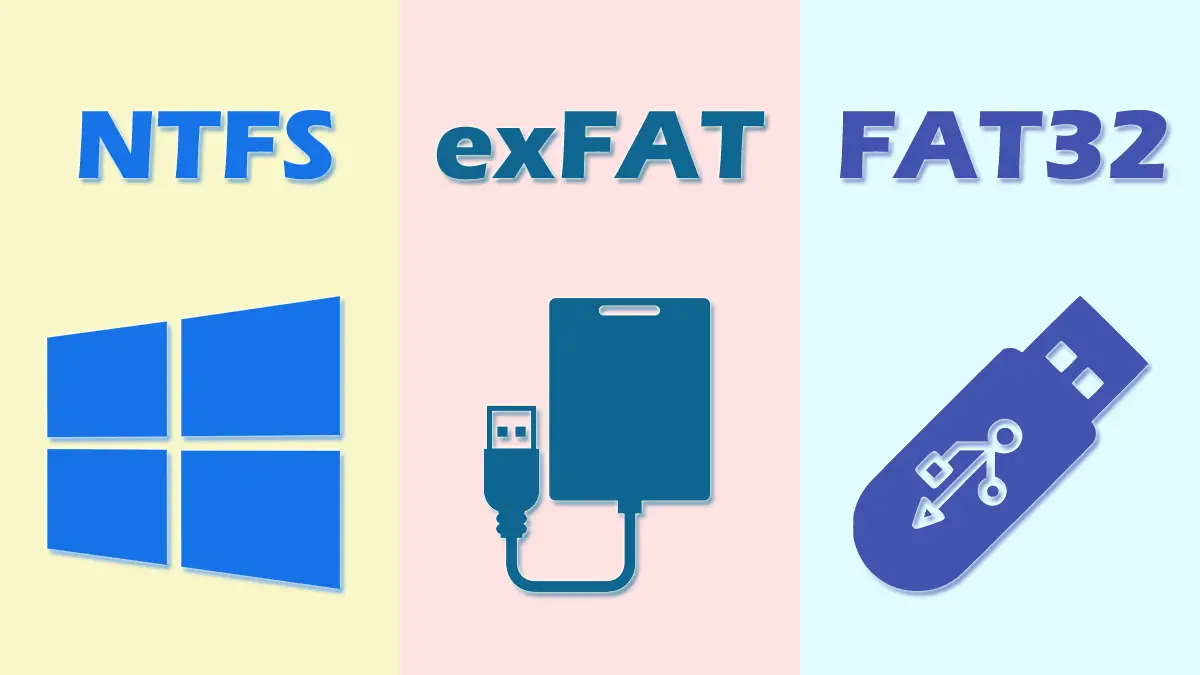Explained
What Is a Modular Power Supply?
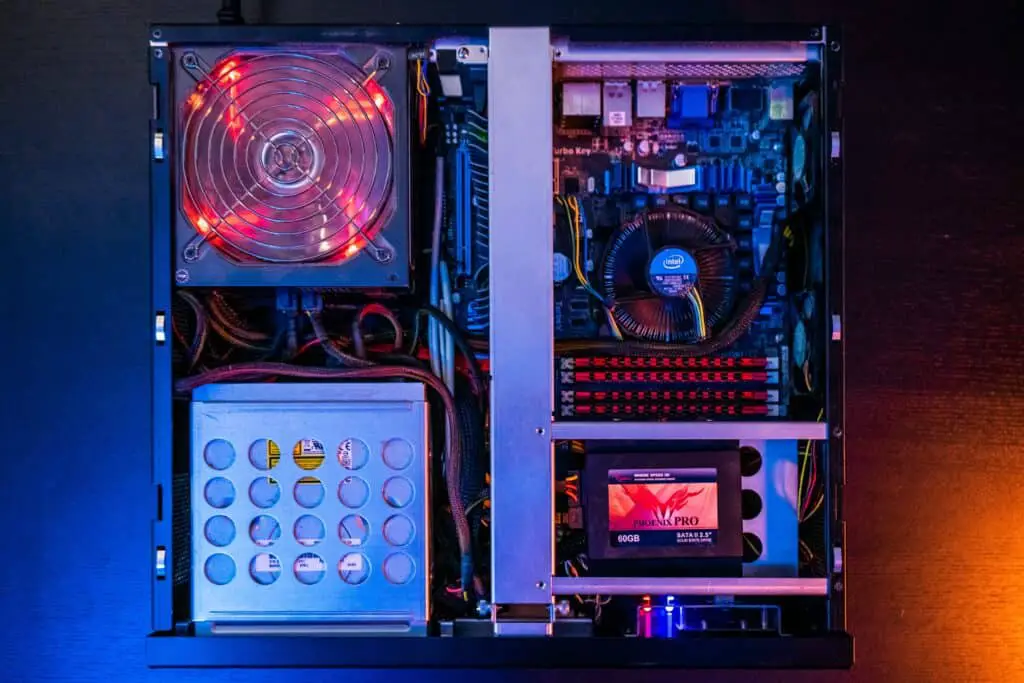
When making a PC managing cables is a tedious and tedious job. For those who are just beginning it could be something, they don’t realize they need to think about till it’s way too late.
They are left with a large pile of wires (some of which may not be necessarily be needed) that look messy and dirty.
A good cable management system starts by selecting the correct components.
This is the point where modular power supplies (modular PSUs for short) are available.
Modular power supplies are a part that connects directly with the outlet on your wall that will supply power to your PC.
It also lets PC builders only utilize the cables they require and improves not just the appearance of your PC but as well the airflow in certain cases.
In addition to modular PSUs In addition, you can discover non-modular and semi-modular PSUs that are power supplies.
The primary difference between them is that you are able to disconnect certain cables or all of them according to your requirements.
But before you decide to purchase an additional modular power source There are some items you should be aware of besides modularity, like how much power you’ll need and how many modular PSUs cost, and so on.
In this regard we’ve put together this guide that includes everything you need to be aware of PSUs So, keep reading!
What are the main differences between semi-modular and modular power supply vs other power supplies?
Regarding modularity, there are three types of PSUs which are semi-modular, modular, and non-modular.
Modular power sources (also called “fully modular”) have completely detachable and removable cables. The cables are provided in separate packages, meaning there aren’t cables built in the unit. This means you can connect or disconnect the components of the system at any time you want to.
Semi-modular power supplies, as you could have guessed from their name, come with included cables as well as detachable cables. These cables are intended to connect just the primary parts of the PC including the motherboard and processor.
Semi-modular models could differ in the connectors built-in they have. There are models that include the 20/24-pin connector that powers the motherboard, PCIe or 8-pin CPU cables permanently connected, while others might only have the 20/24-pin connector inbuilt. Other than the three connectors mentioned above all others will be completely removable.
non-modular power supplies are devices that have all the cables connected. Because the cables are incorporated within the circuits within the power source, they are unable to be altered or removed. Non-modular PSUs are among the most commonly used units on computers that are stationary since they’re efficient and less expensive than modular PSUs.
In simple terms, the most significant distinction between semi-modular, modular, or non-modular energy supply units apart from their cost and features, is the possibility to disconnect all cables, a few or none.
Why should I purchase an energy supply that is modular?
The primary reason to purchase modular power supplies is to remove excess cables that are not going to be utilized in your build. If you’re looking to create a sleek and clean appearance or boost the performance of your computer (or both! ) We suggest going with a modular approach.
If you choose to follow our suggestions, be sure that the unit will work with your motherboard and is powerful enough to support the other components of your system.
You can figure out the amount of wattage you require with the internet-based tool to calculate the power of your supply. This tool will allow you to only have to enter the components of your building to find an estimate of the power level you require.
However, it’s best to buy a PSU that has at least 20% more power than the number you estimated from the calculator.
Why?
Because, if you look at the specifications of the packaging of the unit you’ll find the maximum performance levels. This means that the unit is able to provide the power that the manufacturer claims however only for a limited period of time.
Another reason to increase the wattage of your PSU will be the ability in order to “future-proof” your PSU. That means that even if you upgrade your system you will still be able to make use of your PSU because it will be able to provide enough power to accommodate the latest components.
If you’d like to learn more about the benefits of purchasing modular power supplies and what they would cost, continue reading in the next sections.
What are the advantages and disadvantages of an energy supply that is modular?
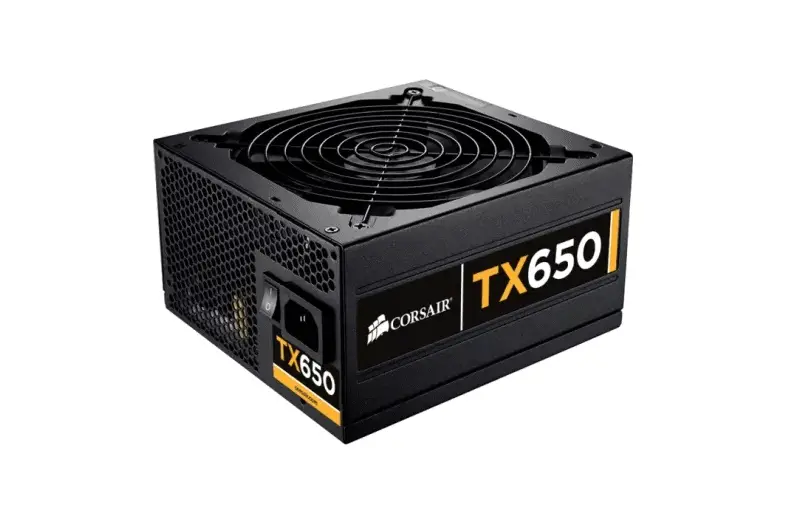
The addition of an adaptable power supply for you can provide numerous advantages.
The first which we’ve previously mentioned has to do with deal with the management of cables. Modular PSUs can make the process of determining which cables connect to where simpler.
You can put an end to cables that don’t need to be there, cluttering up space and ruining the appearance of your PC. If you own a tempered glass case for your PC it is time to make it fully modular.
In the subject regarding aesthetics Did you have the knowledge it is possible to build fully modular power supplies you can select custom cables?
You are not just able to select the length you want as well, but rather than having to use a bunch of different colored cables you can select one that doesn’t interfere with the LEDs that are in the build.
One of the main advantages modules in power supplies provides apart from the management of cables one of the most significant benefits is the efficiency of airflow. In a non-modular power supply, they have a plethora of cables running from the power unit to components, which impedes airflow and encourages the build-up of dust. This is often the cause of components overheating and less life.
Modular power supplies eliminate problems like this by removing the cause of the issue which is the cables. They also make cleaning your PC simpler since you have to disconnect the PSU cable’s side.
Be aware that modular power supplies come with one drawback too which is the cost. Don’t worry as we’ll explain it in greater detail further.
How much do modular power supplies cost?
We’ve mentioned that the only drawback that modular power supply units come with is the cost which is due to the fact that they are costly components.
You can purchase a fully modular 500W PSU at a cost of around $ 60 on Amazon. After that, costs increase depending on the features or watts the device comes with. Some models even include RGB lighting systems! A modular PSU that is 1000W and comes with the 80 PLUS Bronze certification and silent fans as well as the ability to control fan speed can be as high as $120, based on the model.
The PSU typically includes all cables you may require. However, it is important to remember that if you decide to buy additional cables that are custom-made it is necessary to include at least $30 on top of the price.
There are some models that cost less than $60 however, the majority don’t have the 80 PLUS certification to ensure efficiency in power, which will in the end affect the cost of electricity.
If you’re on a tight budget, or if aesthetics aren’t your primary concern and you’re not looking for a stylish look, it’s an ideal choice to opt for a semi-modular, or perhaps a unimodular PSU instead of opting for an unreliable modular model.
Conclusion
If you’re making your PC and need a neat and tidy appearance then a modular power supply unit is the best option. Get rid of problems with cable management that can ruin the appearance of your PC and accumulate dust! You can also modify the length as well as color and sleeving, to complement the style of your computer.
They can be costly components but are an excellent investment if you have the money to pay for the cost. As you can see in the pros section they can also provide great benefits in terms of airflow and power efficiency.
If it’s not in your budget, that’s acceptable! We’ve explained the difference between semi-modular as well as non-modular PSUs to ensure that you can choose an alternative that will suit your needs better.
Suggested Articles

-

 List7 months ago
List7 months ago1337x Proxy List For 2022 [100% Working 1337x Mirror Sites]
-

 Explained7 months ago
Explained7 months agoWhy Did iMessage Turn Green Explained!
-

 How Tos7 months ago
How Tos7 months agoHow To Get A Specific Phone Number for yourself?
-

 List3 years ago
List3 years ago11 Best Music Players for Android Auto
-

 Explained7 months ago
Explained7 months agoWhat is Android System WebView? Should You Delete it?
-

 How Tos7 months ago
How Tos7 months agoHow To Fix This Webpage Is Not Available Error In Google Chrome
-
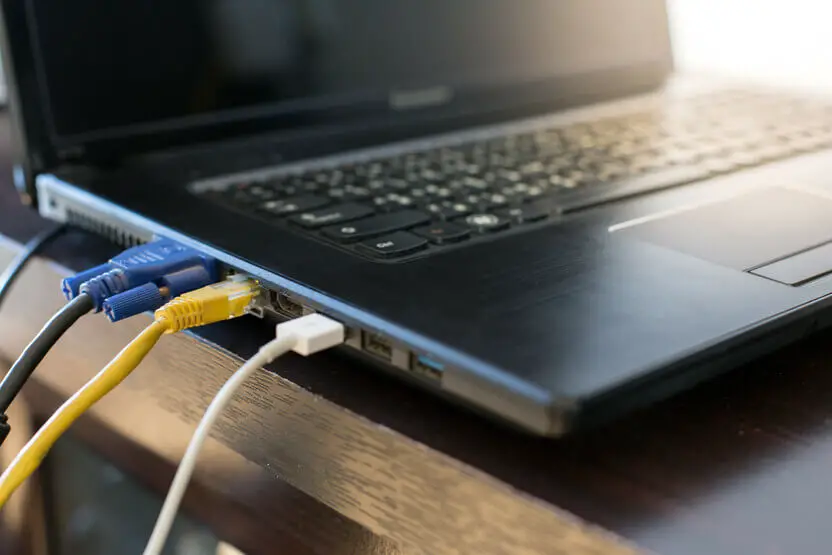
 Explained7 months ago
Explained7 months agoHow Can Monitors Be Connected By USB? (Explained)
-
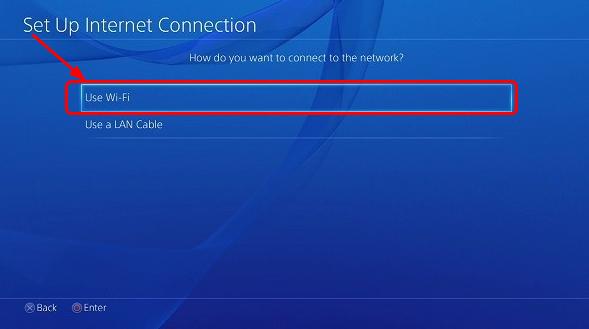
 Gaming7 months ago
Gaming7 months agoWhy Can’t I Connect to 5GHz WiFi On PS4? [Solved!]

